Faculty
Alexei K. Ditter 迪磊
Professor of Chinese and Humanities (on leave, 2023–24)
B.A. 1995, University of Minnesota. M.A. 2001, PhD 2009 Princeton University. Reed College 2006–
CV | Email
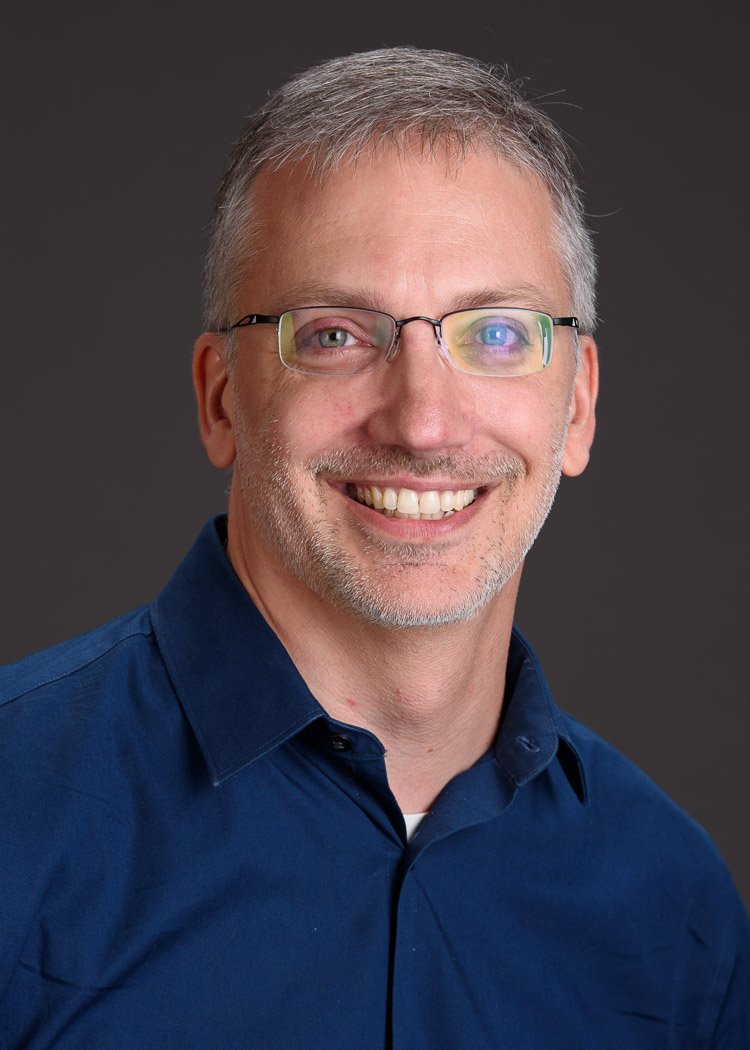 Teaching: Alexei teaches courses both on medieval (3rd–10th c.) and late imperial (14th–19th c.) Chinese literature and on modern and classical Chinese language. His literature courses often focus on questions of genre, memory, place, and, more recently, identity. Topics he has taught in the past few years include poetry as social practice in the Tang dynasty (618–907), representation of the Other in 3rd–10th and 14th–19th century Chinese narratives, love and romance in late imperial fiction, and a semester-long course on the Dream of the Red Chamber, China's greatest novel. He also regularly gives lectures and leads conference in team-taught Chinese Humanities courses (Hum 231/232).
Teaching: Alexei teaches courses both on medieval (3rd–10th c.) and late imperial (14th–19th c.) Chinese literature and on modern and classical Chinese language. His literature courses often focus on questions of genre, memory, place, and, more recently, identity. Topics he has taught in the past few years include poetry as social practice in the Tang dynasty (618–907), representation of the Other in 3rd–10th and 14th–19th century Chinese narratives, love and romance in late imperial fiction, and a semester-long course on the Dream of the Red Chamber, China's greatest novel. He also regularly gives lectures and leads conference in team-taught Chinese Humanities courses (Hum 231/232).
Research: Alexei's research focuses on Chinese literature and culture of the 8th through 10th centuries. Current projects include the study of collaborative remembering in 7th–10th century China, investigating the interaction between genre and memory in the representation of past lives, and co-editing two anthologies of translations (medieval Chinese entombed epigraphy and Tang-Song humor literature). Since 2015, with the ongoing support of the Tang Research Foundation, he also co-organizes with Jessey J.C. Choo (Rutgers University) an annual workshop series “New Frontiers in the Study of Medieval China.”
Jing Jiang 姜靖 (Chair)
Professor of Chinese and Humanities
B.A. 1992, Nanjing University. M.A. 1995, Peking University. PhD 2006, University of Michigan. Reed College 2006–
Email
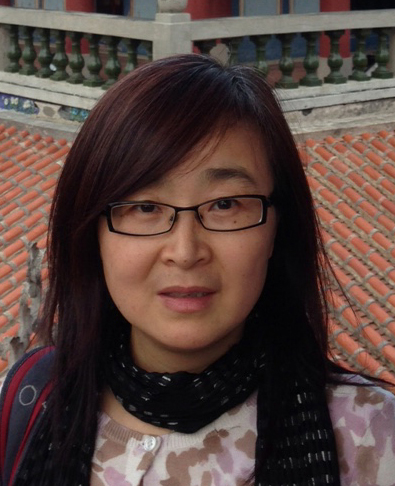
Teaching: Since coming to Reed in 2006, Jing has taught a wide range of courses in Chinese language, literature, and culture. Aside from participating regularly in the team-taught Chinese Humanities, she also offers courses on Chinese fiction (modern and premodern), Postsocialist Chinese Cinema, Sinophone Film & Media (cotaught with Chinese Art Historian Michelle Wang), and more recently, Comparative Literature.
Research: A comparatist by training, Jing has an abiding interest in all forms of modern and contemporary cultural productions from China that defy and cross linguistic and national borders. Her publications to date, including her short book, Found in Translation: "New People" in Twentieth-Century Chinese Science Fiction (Association for Asian Studies, 2021), all grew out of this research interest. Her current monograph project, tentatively titled “The World Embedded in Modern Chinese Literary Imagination,” explores how a global array of world literary works helped shape modern Chinese literary creations. This project also received an inaugural ACLS fellowship in Chinese and Comparative Literature.
Hyong G. Rhew 柳亨奎
Professor of Chinese
B.A. 1978, Hankuk University of Foreign Studies. M.A. 1983, Fu-jen Catholic University. M.A. 1987, PhD 1993, Princeton University. Reed College 1988–
Email
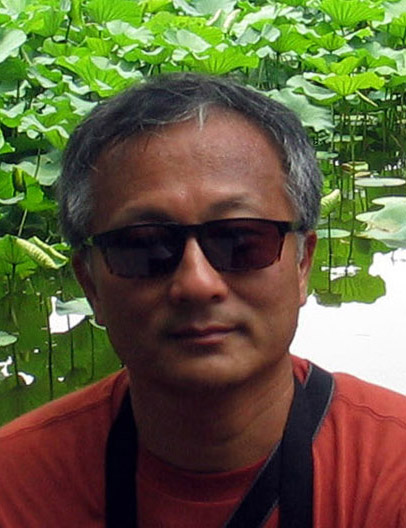
Teaching: Hyong teaches courses in modern Chinese language and Classical Chinese literature, literary theory, and intellectual history, and regularly gives lectures and runs conferences in the team-taught Chinese Humanities (Hum 231/232). He embraces the conference style of teaching, which allows him to practice a method that, “rather than feeding knowledge, tries to observe and assist students to produce it by themselves.”
Research: Hyong studies classical Chinese literature, which requires a vigorous investigation of how literature, history, and philosophy work together. His interest in early classical Chinese intellectual history led him to study such texts as the Yijing 易經; he is currently at work on a new translation that will reflect the complex history and structure of this text by presenting, in ebook format, multiple readings of earlier layers as guided by interpretive perspectives of internal commentary layers. His work on poetry focuses on exploring ways to find traces of music that did not survive in an effort to show how “musicking” as such can enrich our reading of poems.
Jinhui Wu 吴瑾珲
B.A. 2004, Nanchang University. M.A. 2016, University of Colorado Boulder. PhD 2021, University of Arizona. Reed College 2021–
Email
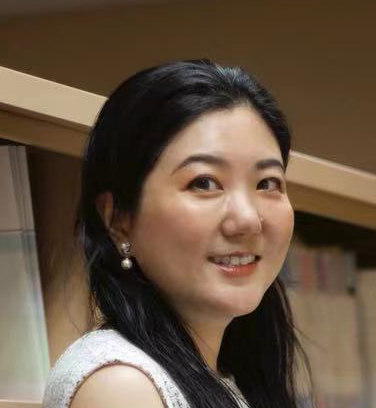
Teaching: Prior to joining Reed College, Jinhui taught courses on Chinese language, religion, and literature at Lafayette College (as a Fulbright fellow), the University of Colorado Boulder, and the University of Arizona. At Reed, she will teach courses in modern Chinese language and late imperial Chinese literature, and will also give lectures in the team-taught Chinese Humanities courses.
Research: Jinhui studies late imperial Chinese religious literature and its intersection with other sociocultural spheres, from the perspectives of historiography, vernacular literature, ritual practices, and print culture. Her other research interests include translation studies, digital humanities, and Chinese language and culture pedagogy.
Language Scholar
In addition to the above faculty, another important member of the Chinese department is the language scholar, who lives with students in the Chinese House, leads weekly "conversation classes" in the first- and second-year language classes, and helps plan and organize campus-wide celebrations of Chinese New Year and Mid-Autumn Festival. The language scholar is also available to meet with students for additional conversation and help with coursework as needed.
Qianqian Li 李倩倩
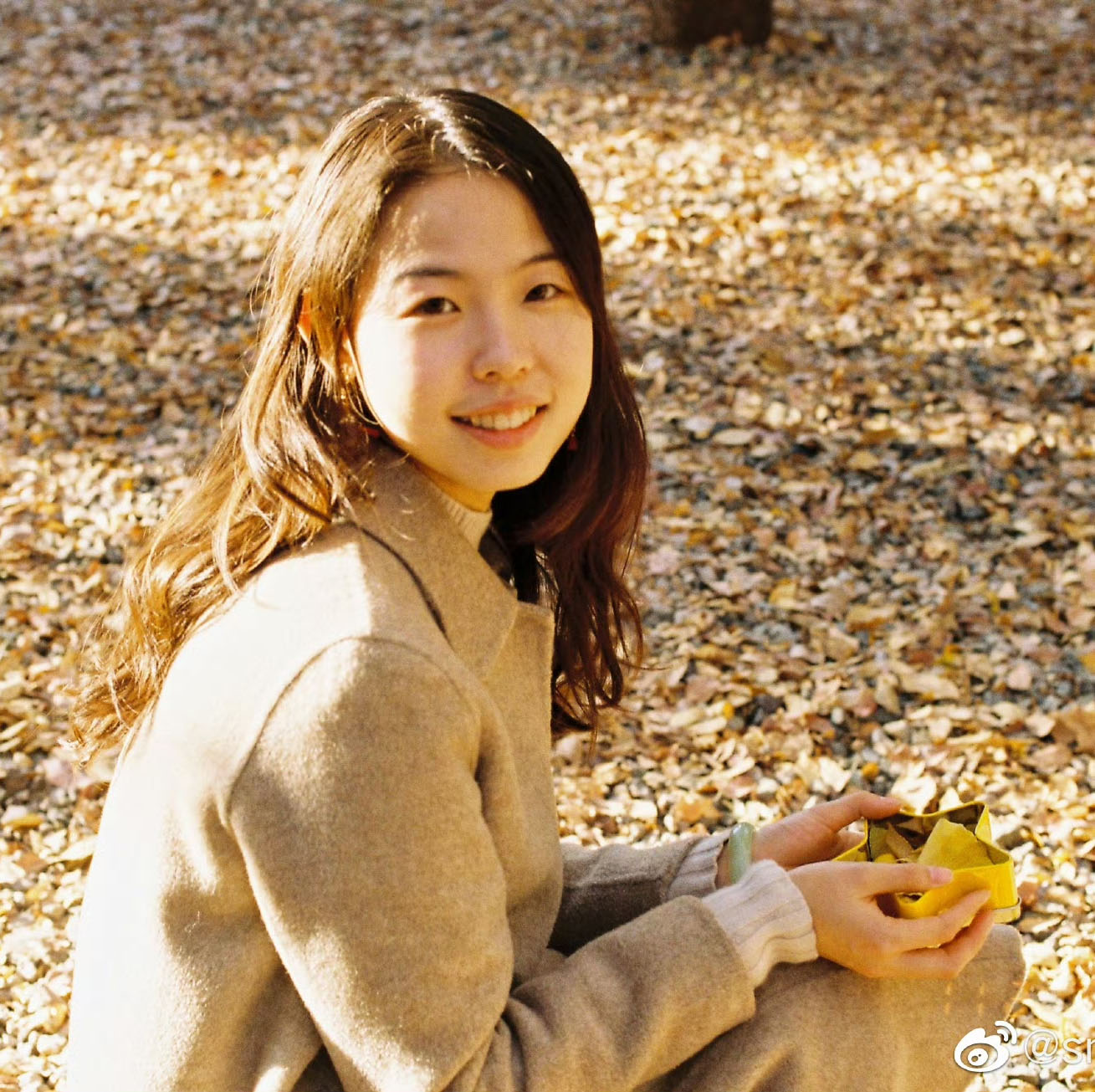
Qianqian Li received her B.A. in Teaching Chinese to Speakers of Other Languages from East China Normal University and she is currently pursuing her M.A in Linguistics and Applied Linguistics. Her academic interests include sociolinguistics and critical discourse analysis.
Her fascination with languages began with her love for Taylor Swift's lyrics. She enjoys working and studying with diverse groups where languages are crucial. Additionally, after reading Foucault and Bourdieu, she became intrigued by the power of languages and how they shape our reality. Apart from Mandarin, she can speak 2 different northern dialects of mainland China and a little bit of Shanghainese and Japanese. Now she is trying to be a polyglot.
You can find her drawing, playing badminton, reading fictional novels, or occasionally playing guitar during her free time. She believes enthusiasm is the most significant factor in learning languages, and she will strive to inspire students' curiosity in Chinese. She hopes her class as well as the Chinese House will be a comfortable space to communicate and have fun.